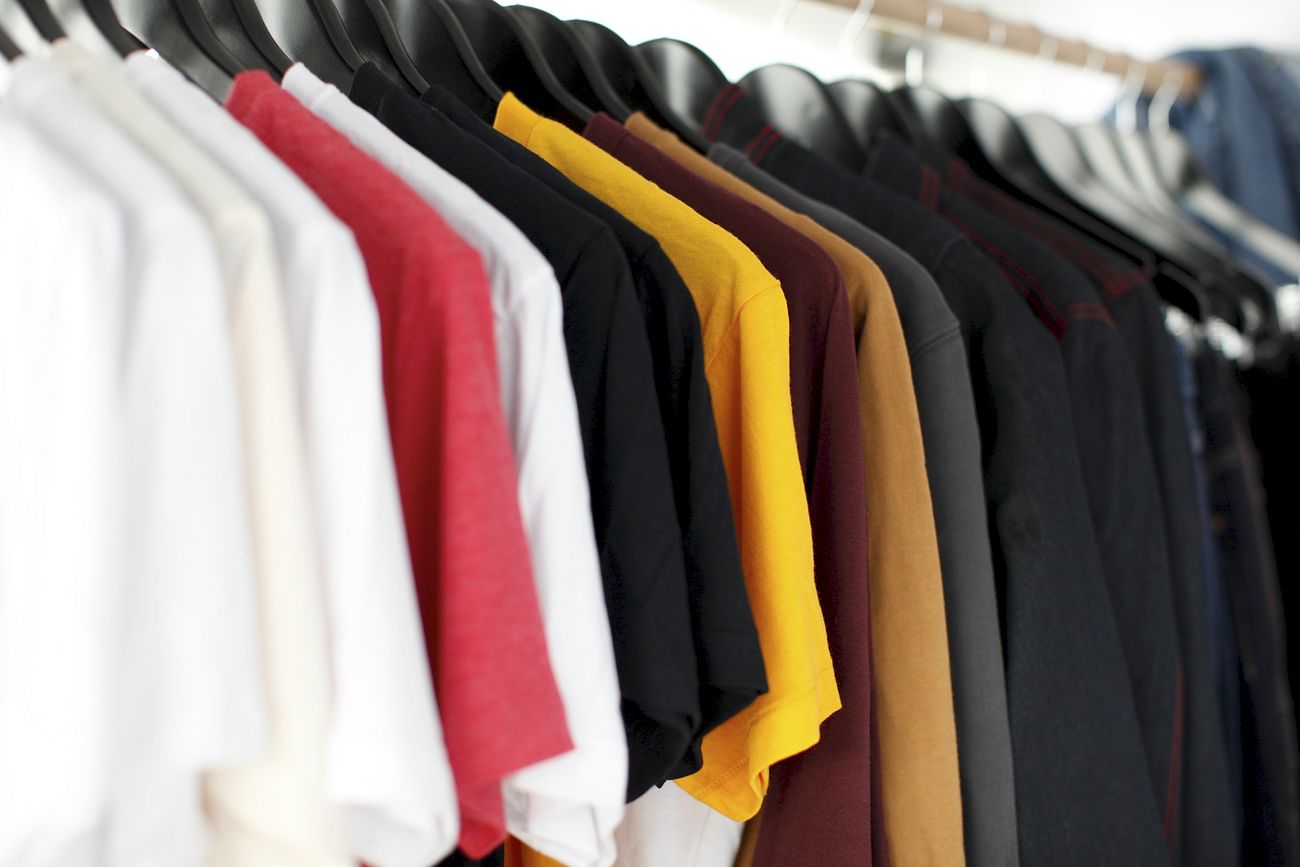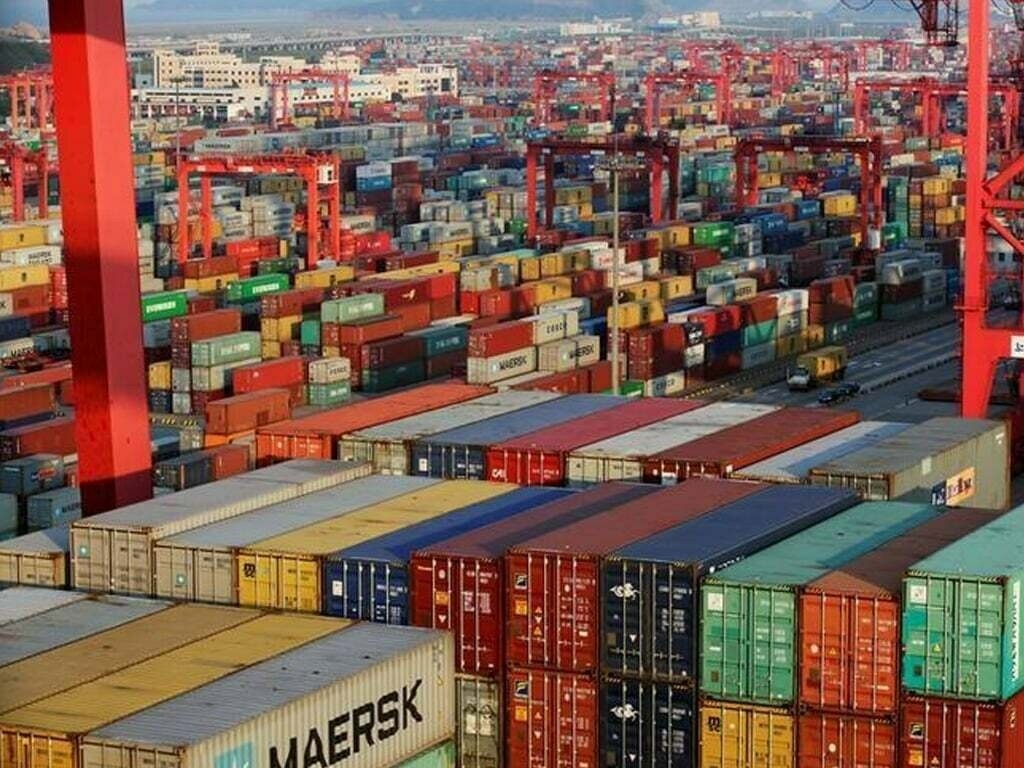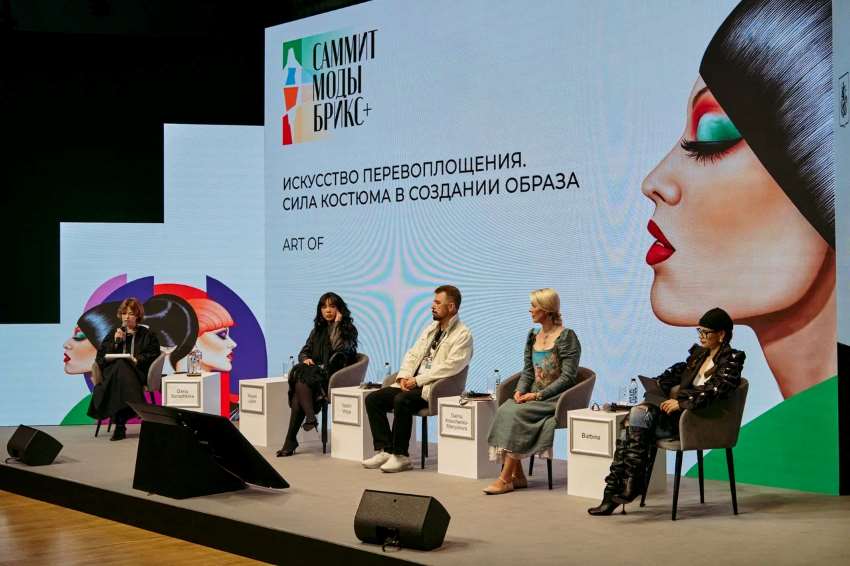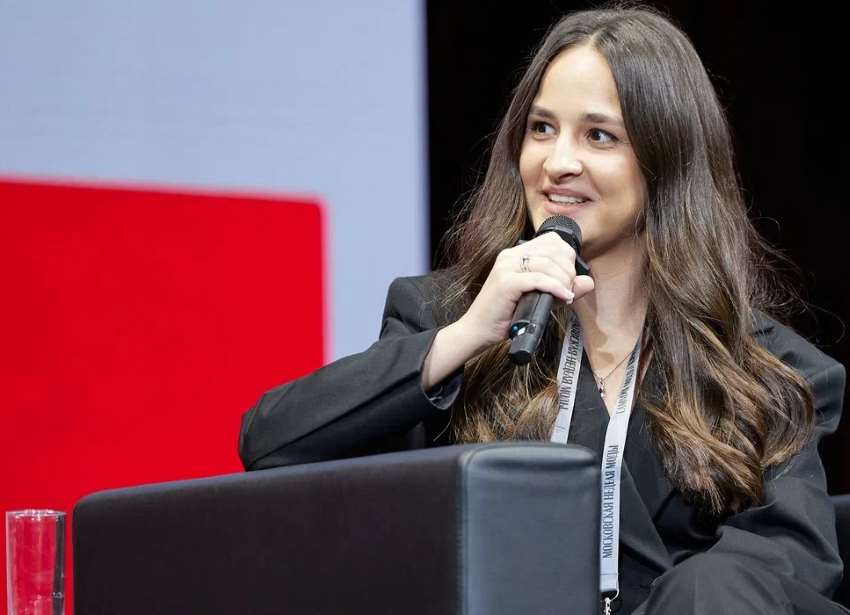FW
A report that highlighted leading luxury and fast-fashion brands for lack of visibility in their supply chains has been roundly criticised by companies themselves as well as other nongovernmental organizations involved with workers’ rights and supply chain issues. The report by the London-based group called Fashion Revolution and Ethical Consumer, which is a nonprofit magazine and Web site, created a Fashion Transparency Index that ranked more than 40 global retail companies based on their level of transparency and support of workers’ rights. Based on its own rankings, the group criticised luxury brands including Chanel, Hermès, Prada and Louis Vuitton for what it claimed was a lack of transparency, while praising Levi Strauss, Inditex, Nike, H&M and Adidas. The critical study was reported online by Vice and also picked up by Vogue.com.
Incidentally, the index was based on a methodology that immediately stirred criticism. WWD contacted a series of industry organizations that work on sustainability initiatives but they declined to comment. A spokesperson from one of the organizations said it is really hard to comment on research that is so poorly executed and tells us nothing.
The group said that in the report that it received 10 questionnaires from brands and retailers out of a total of 40 that were sent to companies. While 10 of the companies received scores based on their replies to the questionnaires and other publicly available information, the other 30 companies were scored based solely on publicly available information on Web sites and in annual reports, from which the group’s researchers drew their own conclusions.
The European Union (EU) has said it will remain closely engaged to bring lasting improvement to Bangladesh's garment industry and helping to spur prosperity into Bangladesh through EU's open market, acknowledging tangible progress on the ground. A joint statement of the European Commission marking the third anniversary of Rana Plaza tragedy said that the EU's commitment remains unchanged.
Commissioner for International Cooperation and Development, Neven Mimica, Commissioner for Employment, Social Affairs, Skills and Labour Mobility, Marianne Thyssen and Commissioner for Trade Cecilia Malmstrom jointly issued the statement, from Brussels. They said, an active engagement of the EU, Bangladesh and other partners concerned has brought ‘tangible progress’ on the ground.
Meanwhile, the Bangladesh Sustainability Compact opened a dialogue and supported exchanges with stakeholders, including trade unions, employers, buyers and NGOs in the EU, as well as in Bangladesh. Besides, essential reforms regarding effective respect of trade union rights and promotion of genuine social dialogue are still needed to ensure a better future for Bangladeshi garment industry workers, said the three Commissioners.
Jeanologia the Spanish specialist and innovator of sustainable technologies for garment finishing is currently exhibiting at the denim expo being held in Bangladesh from April 25 to 26, 2016. The company is looking at leading the transformation of Bangladesh textile industry towards sustainability. It wants to demonstrate that technology can increase the efficiency of zero pollution production without compromising on health of workers and the environment. The company has developed a combination of technologies like laser, dry and wet ozone G2 and eFlow nano bubbles which ensure zero pollution in the production of denim.
Its latest technology, Light PP Spray, eliminates the dangerous chemical sprayer conventionally used by denim processing units. The elimination of potassium permanganate spray by the use of laser is a milestone for the textile industry because it transforms the process of jeans production in the world. Jeanologia has managed to replace all hazardous technology techniques for workers and emissions of the textile industry that, in the last four years, have been reduced to zero per cent.
The company feels that once sustainable solutions replace traditional washing, water and chemical consumption can be reduced by 90 per cent and energy consumption by 50 per cent.
www.jeanologia.com/
Safety standards at readymade garment industries in Bangladesh have improved. Factory owners have achieved 44 per cent repair work so far. Bangladesh had made remarkable progress in allowing unionism in factories. However, factory owners have to bring about a change in their mindset so that trade unions can function effectively for realising the demands of the workers.
Currently 92 per cent of factories pay the minimum wage to workers. Although safety conditions in member factories of the Bangladesh Garment Manufacturers and Exporters Association and the Bangladesh Knitwear Manufacturers and Exporters Association, two major trade bodies in the apparel sector, have improved a lot, conditions have not improved in 700 sub-contracting factories.
So the government and garment owners have to work to improve safety conditions in the sub-contracting factories, most of which are not members of the two garment trade bodies. International retailers and brands, which source garment items from Bangladeshi factories, had committed to pay more for garment items but have not done so. Rather, the prices of Bangladeshi garment items have decreased by 41 per cent over the last 15 years.
After the Rana Plaza disaster, compensation was indeed paid to victims, but whether it’s adequate is a matter for doubt. Also those responsible for the disaster have yet to be dealt with.
ITM 2016 International Textile Machinery Exhibition and concurrent HIGHTEX 2016 International Technical Textile and Nonwoven Trade Fair to be held at Tuyap Fair Convention and Congress Center from June 1 to 4 are expected to attract 1,200 exhibitors and more than 60,000 visitors from 72 countries. At ITM 2016, latest technologies nationally developed in textile machinery industry will be debut. ITM and HIGHTEX fairs are considered to be the largest gathering for textile technologies, which Turkey and the region have hosted so far.
Held in Istanbul, one of the world’s most strategic locations in geographical terms, will be a meeting point for all the industry representatives. Istanbul, the West’s doors to the East and the East’s doors to the West has a position as the centre of textile industry. ITM 2016 where brands intending to become one of the actors in the world market will exhibit its innovative technology investments and new products will be the address for textile industry in 2016.
HIGHTEX 2016, the 6th International Technical Textile and Nonwoven Trade Fair, the first and only event in its field, raw materials for technical textiles, intermediary and final products and production technologies will be seen together. The fact that HIGHTEX 2016, the largest gathering for technical textiles in the Middle East and Eastern Europe, will be concurrently held with ITM 2016 will create a highly positive and efficient synergy.
Invista, one of the world’s largest integrated producers of polymers and fibers, showcased its performance credentials at Performance Days in Munich, and held a series of informative and educational workshops for the first time to provide guidance on cooling and compression fabrics across its COOLMAX® and LYCRA® SPORT brands.
The workshops, by Huw Williams, Global Segment Director Activewear & Outdoor and Simon Whitmarsh-Knight, EMEA Accounts Director Activewear and Outdoor from Invista Apparel, highlighted common problems and misconceptions around cooling and compression fabrics, the importance of testing and understanding consumer needs, as well as market insights into the move away from fabric ‘wicking’ towards ‘cool and dry’ and the different types of compression.
According to Simon Whitmarsh-Knight, consumers expect more from their active outfits/sports gear but not everything that stretches is necessarily made with LYCRA® fiber and not all performance fabrics are created equal. We have a clear set of standards and rigorously test fibers and fabrics specifically for performance sports use ensuring any garment featuring our branded hangtag will deliver high performance and consistent quality without compromising any dimension of comfort.
The workshops also outlined key trends in the performance sector with athleisure and commuter wear trends driving the need for garments to perform beyond the gym, creating greater demand for fabrics offering cool and dry moisture management, compression and soft shaping.
Elin Astrom, Sustainability Manager at Swedish fashion retail giant H&M, has ureged the fashion world to follow the mantra of reduce, reuse and recycle to save Mother Earth. H&M is on a mission to reduce the environmental impact from the fashion industry by limiting the amount of textiles that end up in landfills and hence has come up with its first sustainability line for Indian market. The brand has shipped its Conscious Exclusive 2016 Collection to stores globally and to India. This is the first time the line's been brought to the country.
Created in collaboration with the iconic Musee des Arts Decoratifs, Palais Du Louvre, the Conscious Exclusive 2016 Collection is inspired by the archives of the museum and is fabricated entirely from sustainable material. H&M, which forayed into India last year, has been receiving wonderful business in the country. This is evident from the fact that there are five stores in India, including one that is opening at Noida's DLF Mall of India, in a short span of six months.
Safety standards at readymade garment industries in Bangladesh have improved. Factory owners have achieved 44 per cent repair work so far. Bangladesh had made remarkable progress in allowing unionism in factories. However, factory owners have to bring about a change in their mindset so that trade unions can function effectively for realising the demands of the workers.
Currently 92 per cent of factories pay the minimum wage to workers. Although safety conditions in member factories of the Bangladesh Garment Manufacturers and Exporters Association (BGMEA) and the Bangladesh Knitwear Manufacturers and Exporters Association (BKMEA), two major trade bodies in the apparel sector, have improved a lot, conditions have not improved in 700 sub-contracting factories.
So the government and garment owners have to work to improve safety conditions in the sub-contracting factories, most of which are not members of the two garment trade bodies. International retailers and brands, which source garment items from Bangladeshi factories, had committed to pay more for garment items but have not done so. Rather, the prices of Bangladeshi garment items have decreased by 41 per cent over the last 15 years.
After the Rana Plaza disaster, compensation was indeed paid to victims, but whether it’s adequate is a matter for doubt. Also those responsible for the disaster have yet to be dealt with.
When it comes to sustainability, Copenhagen Fashion Summit is far from alone in the month of May. Multiple major international organisations in the fashion and textile industry have chosen to hold their biggest events of the year in Copenhagen in the same week as the summit.
Numerous international companies have decided to schedule their annual summits and events the same week in Copenhagen, with big industry players like Planet Textiles and Sustainable Apparel Coalition (SAC) showing their presence. SAC will kick off the week with their annual Full Membership Meeting taking place on 9-10 May at the Copenhagen Concert Hall, which will also frame the events of both Planet Textiles’ 2016 International Sustainable Textile Summit as well as the Copenhagen Fashion Summit. The SAC meeting – where the Higg Index, a tool that measures sustainability impact, will be discussed – is hosted by one of the founding members H&M as well as Danish Fashion Institute, Bestseller and IC Group and will be attended by international members ranging from Nike and Target to Burberry and Kering.
The day before Copenhagen Fashion Summit May 11, the Planet Textiles 2016: The Sustainable Textile Summit will take place. Initially launched in 2010 in Shanghai, the textile summit has established itself as Asia’s leading meeting place for sustainable textiles. In a unique collaboration with MCL News & Media, SAC and Messe Frankfurt, Planet Textiles chose to focus on Copenhagen in 2016.
Orient Craft, an Indian company exporting to retailers such as Marks & Spencer in Britain, is deeply worried about the June 23 referendum that decides whether Britain exits the European Union. Orient’s nearly one-third of total apparel exports are destined for Britain and Europe. And many other Indian companies are expressing similar concerns over the upcoming vote. However, company Chairman Sudhir Dhingra points out the United Kingdom (UK) by itself is a very small market compared to the rest of Europe.
Due to the deep historical links between the two countries, Britain has served for decades as the gateway to Europe for Indian businessmen. In recent years, a fast-growing domestic economy has put more money in the pockets of Indian business magnates as their investments in Britain have grown in scale and size, making India the third largest foreign direct investor behind the United States and France. In 2014, Indian investment in Britain increased by as much as 64 per cent.
Meanwhile, the Federation of Indian Chambers of Commerce and Industry (FICCI) warns the flow of these investments will suffer if Britain chooses to leave the European Union as this will create uncertainty for Indian businesses.












